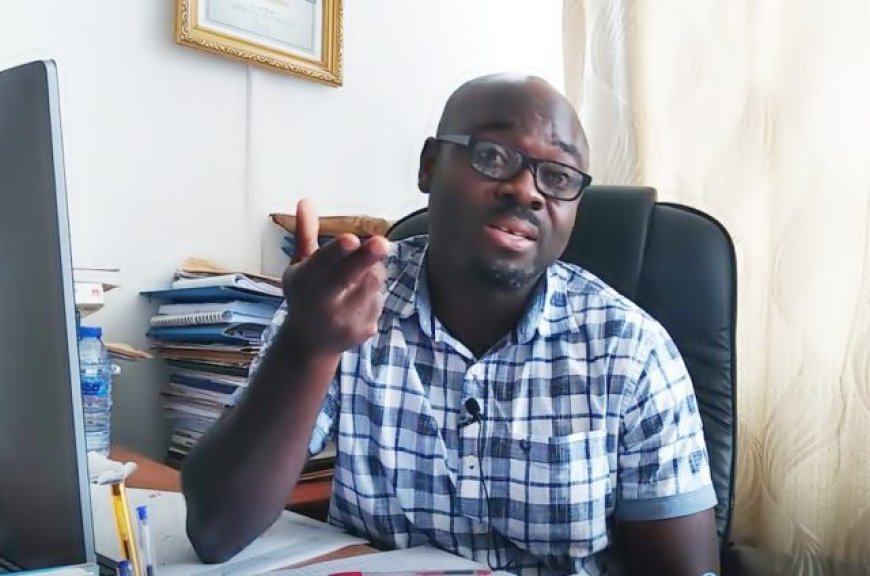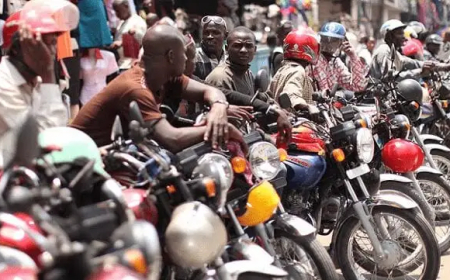You recover before you collapse – Prof. Lord Mensah blasts banking cleanup decisions
University of Ghana’s Prof. Lord Mensah has condemned Ghana’s handling of the 2017–2020 banking sector cleanup, particularly the closure of UniBank, saying recovery options were disregarded and basic banking principles violated. His comments fuel debate over the economic and political motives behind the collapse of local banks.

Accra, July 30, 2025 – Financial economist Professor Lord Mensah has openly criticized the Bank of Ghana’s decision-making process during the banking sector cleanup, arguing that key recovery opportunities were bypassed in favor of abrupt collapses—particularly in the case of UniBank.
In a strong rebuke on PM Express (JoyNews), Prof. Mensah stated:
“In banking, you recover before you collapse. When a bank owes, you first explore recovery, not outright shutdown.”
According to him, UniBank reportedly owed the central bank GH¢4.97 billion but had offered a GH¢2 billion recovery plan, which was rejected. The alternative—collapsing the bank—placed the full financial burden on the state and its taxpayers.
“It’s about loss minimization and recovery maximization,” he stressed. “But in Ghana’s case, the opposite happened.”
???? Impact of Collapse
Prof. Mensah emphasized the wider economic consequences:
-
Taxpayer burden: Over GH¢21 billion was spent on the cleanup—funds that could have supported health, education, and job creation.
-
Job losses: Thousands of employees across collapsed banks were left without jobs or severance.
-
Economic trust: Investor confidence in local banking dipped, hurting long-term financial inclusion.
“A bank is not just its shareholders. It’s also its employees, its tax contributions, and the people it serves. We destroyed all that,” he lamented.
⚖️ Political Overtones
Prof. Mensah’s remarks echo sentiments from legal analyst Martin Kpebu, who has described the cleanup as a politically motivated move rather than a purely regulatory act.
“What should have been a technical fix turned into something that looked like targeted punishment,” Mensah added, implying that indigenous banks received harsher treatment.
???? Was It a Missed Opportunity?
Ghana’s 2017–2020 banking crisis was a critical moment in the country’s financial history. However, critics now argue that the government missed an opportunity to restructure, recover, and regulate instead of eliminating institutions.
Mensah challenged financial regulators to reflect:
“The role of a regulator is not just to kill the bank. It is also to help fix it—especially if that bank contributes significantly to GDP and jobs.”
???? Conclusion
Prof. Mensah’s comments have reignited debate on Ghana’s banking cleanup strategy. His call for ethical, stakeholder-centered regulation offers a sobering reminder: recovery should come before collapse—especially when the cost is borne by the people.
What's Your Reaction?




















































































